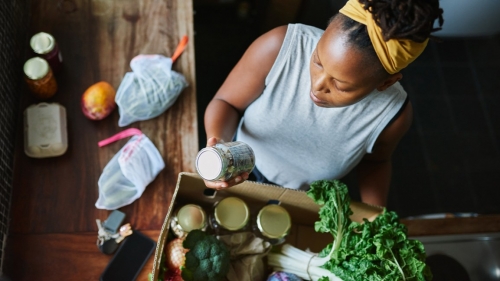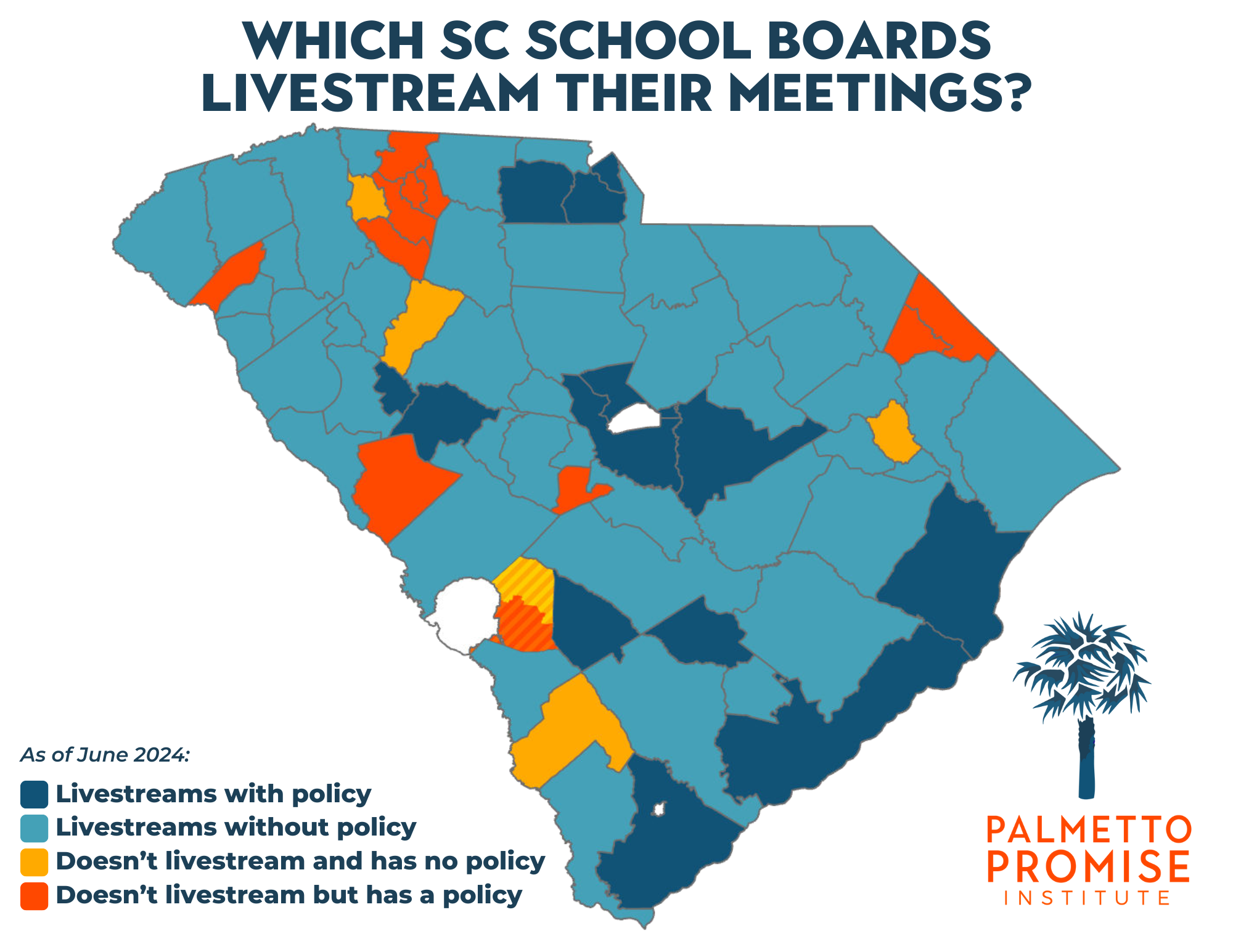Home-based Food Law Changes Will Open Huge South Carolina Market
Since the outbreak of COVID, many families have grown accustomed to spending more time at home. For a number of these families, this rise in hours spent around the house has sparked an outbreak of a very different and most positive phenomenon: good old American entrepreneurial spirit!
Finding a way to generate income while tending to domestic responsibilities can be difficult. Some have taken to crafts, graphic design, or social media marketing, selling their products online. But a largely untapped market in South Carolina is the one for homemade foods.
Known in the state laws by the quaint term “cottage food,” the current South Carolina statute allows for the sale of candy or baked goods made in one’s home. But the same law prohibits home-based food merchants from taking orders ahead of time, selling online, or in retail outlets. These restrictions shackle entrepreneurship and makes criminals of those who sell from home despite the law.
The fact is, as eating out has become more common, a strong demand for local, specialized, homecooked foods has developed, and many South Carolinians are willing to supply these delicious homemade goods. But there are only so many farmer’s markets at which to sell. An update of the law to remove unnecessary restrictions is sorely needed.
Such reforms would empower women (and men), expand consumer choice, and stimulate local economies. A bill doing just that—Senator Josh Kimbrell’s (R-Spartanburg) S.506—would provide the necessary changes to current home-based food law while maintaining health and safety for consumers.
Kimbrell’s bill does this by recognizing that some types of food have less capacity to “go bad” than others. A raw steak, for example, can produce much worse effects when handled improperly than sugar cookies can. However, these “non-potentially hazardous foods” as they are called in legalese, are not limited to just candy and baked goods. S.506 expands the definition of non-potentially hazardous to include any food within a certain pH value range, with certain limitations on produce known to be susceptible to microorganism growth.
In addition to permissible food products, the law ensures safe production. All home-based food production operations will continue to be subject to stringent health and sanitation requirements, as with commercial food production. Merchants also must label the product with either the address of the production site or an identification number, and a statement that conspicuously declares its status as a home-based food product. The proposed legislation goes above and beyond to protect consumers.
Need for taking orders
As South Carolina law stands now, there is little opportunity for a family to make any meaningful profit on home-based food goods. Given the way the current cottage food law is written, one might think it was designed purely as a way for a family to offload its extra food products before they go bad! Cottage food merchants are not allowed to take orders ahead of time, nor sell online or in retail outlets. This results in food waste and lost economic potential.
Currently, if a home-based cook or baker plans to sell at a weekend farmer’s market, she (or he) must estimate sales. If she guesses wrong, food is wasted. If she underestimates, she misses out on sales and the burden is on the customer to track her down at another farmer’s market.
Taking orders ahead of time, whether in person or online, would solve this problem. By knowing exactly how much food to produce, cooks and bakers can ensure that the laws of supply and demand work in their favor, maximize profits, and avoid waste.
Expand consumer choice
Traditional Southern food can be a (delicious) niche market. For example, national grocery chains or large food manufacturers may be hesitant to carry or produce boiled peanuts if they think the product will move only in the South. (Some national fast-food chains arriving in the South do not carry iced tea at first but quickly learn the local beverage of choice!)
But if consumers in certain areas want to purchase regional or other specialized foods, it would be a smart economic move for a small-scale food producer to step in and fill that market gap.
And it isn’t just Southern food lovers who should be happy about a bigger market for home-based foods. The increasing demand for diet specific foods like gluten-free, peanut-free, and vegan options would benefit from specialized home-food producers who can afford to cater to such a narrow market.
S.506 is about free enterprise and common sense. It provides an opportunity for South Carolina citizens to supply and to consume. It is a recognition of the entrepreneurial spirit of America and the importance of home in our society.
To read PPI’s legislative analysis of S.506, click here.







